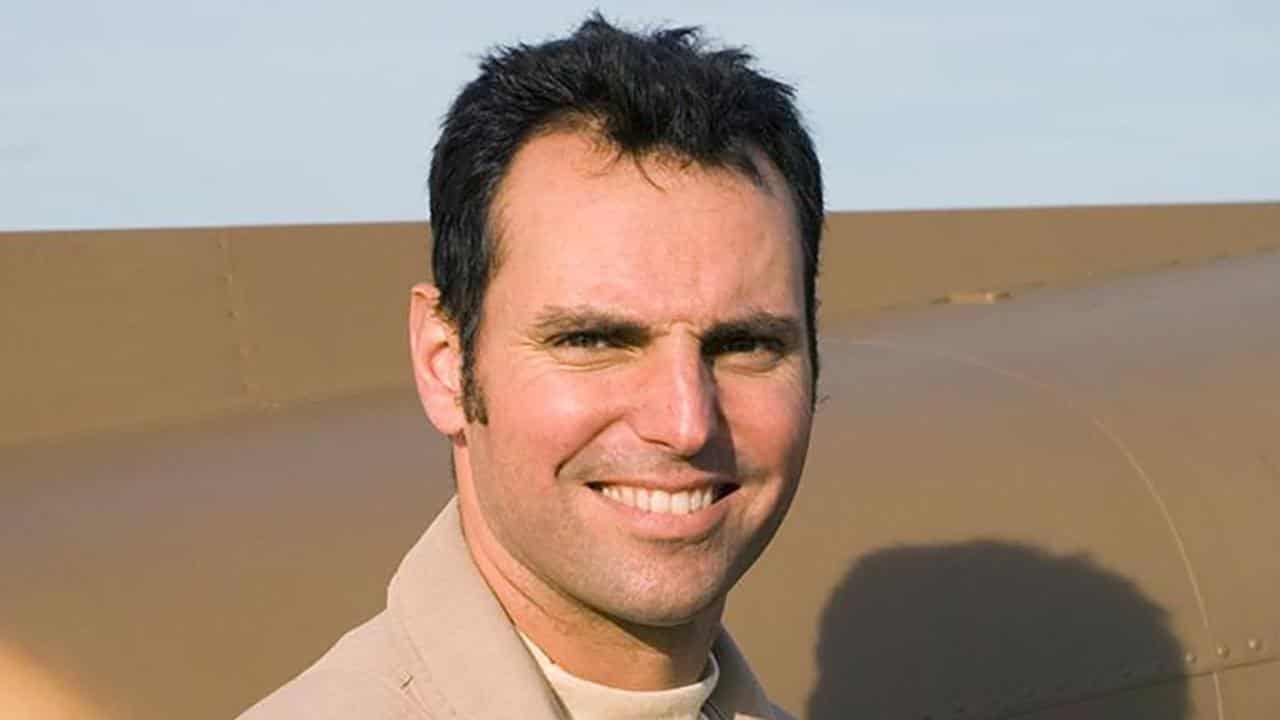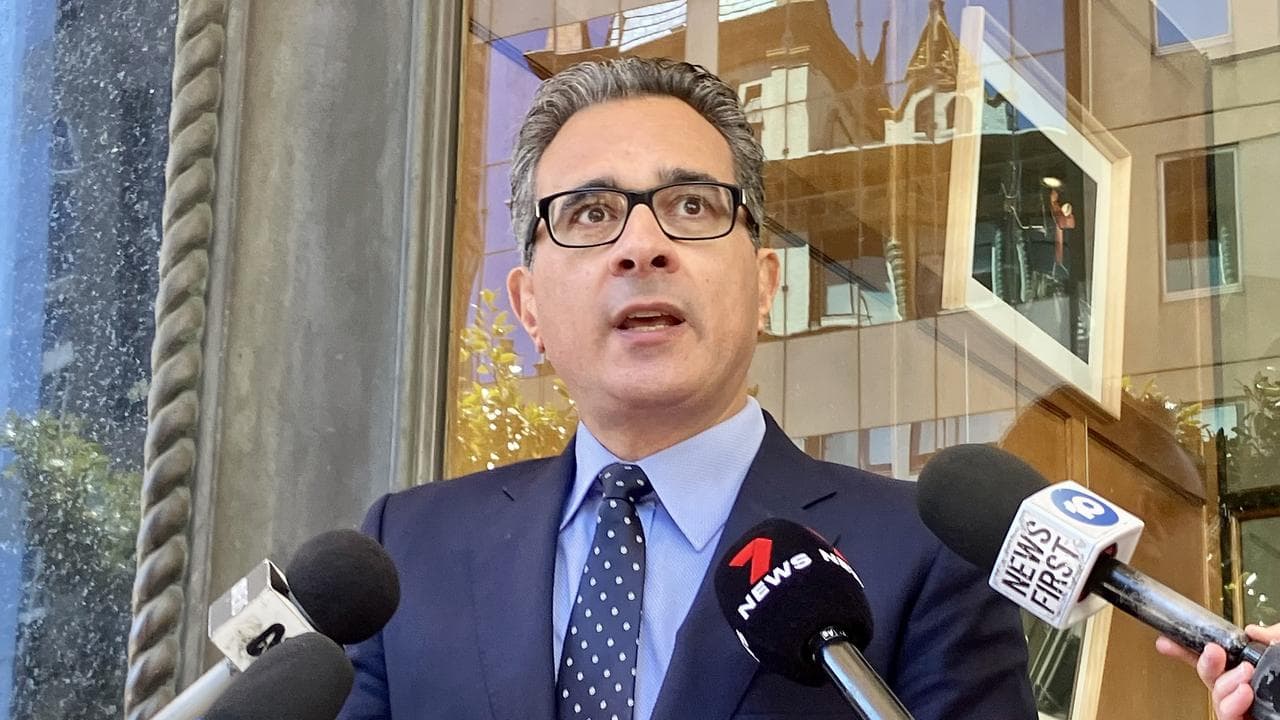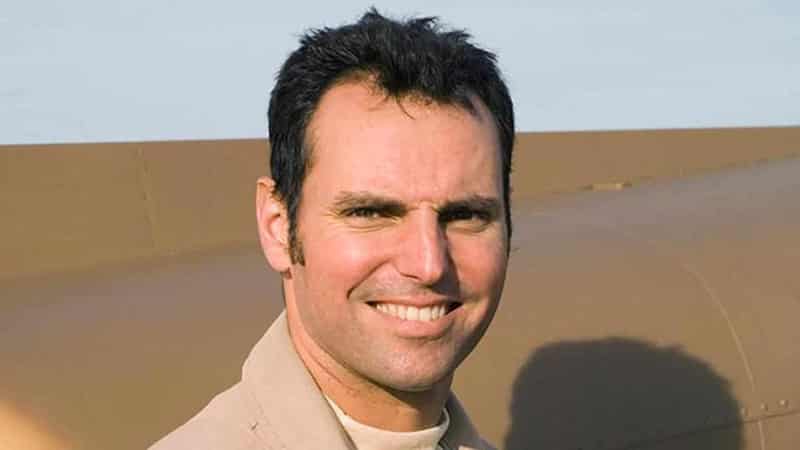
Hundreds of documents from secretive government agencies will be key to demonstrating overtly political aspects of the United States' request to extradite an ex-fighter pilot and Australian citizen, his lawyer says.
A November hearing intended to consider Daniel Edmund Duggan's eligibility for extradition will instead be used to seek further material from defence and intelligence agencies as the 55-year-old remains in maximum-security prison.
The former US military pilot, who became an Australian citizen in 2012, is accused of breaching US arms trafficking laws by training Chinese pilots while working at a South African flight school in the early 2010s.

Duggan was arrested at a supermarket car park in central-west NSW in October 2022 after a request from US authorities.
The father-of-six denies the allegation.
His lawyer Dennis Miralis said outside Sydney's Downing Centre Local Court on Monday the stakes for Duggan were incredibly high.
The ex-pilot could face up to 65 years in jail, almost certainly in maximum security, if convicted in the US, he said.
"This is existential, which means that every right that Dan has under the Australian legal system on the basis that he’s presumed innocent ... needs to properly and carefully be considered," Mr Miralis said.
Duggan's legal team have secured more time to access material they say will be essential in demonstrating overtly political aspects of the US extradition request.
Attorney-General Mark Dreyfus approved the US request to extradite Duggan in December, but a local court magistrate also needs to approve at a hearing now scheduled for May 2024.
His wife Saffrine Duggan told AAP last week the allegations were clearly political and unproven, as well as being over a decade old.
She hoped Prime Minister Anthony Albanese would raise the case with US President Joe Biden during a state visit this week.
"I ask the prime minister to deliver a message ... that he will not support the extradition of my husband," Ms Duggan said.
Mr Albanese on Sunday said Australia's legal and political systems were separate and he would not talk about the case.
"I don't discuss things that are legal matters on the run, nor should I," he said.

Mr Miralis said it was understandable diplomacy occurred behind closed doors but the matter would inevitably be the subject of bilateral discussions at some stage due to what he described as the unique nature of the extradition request.
He said while it was true the matter was before the courts, the attorney-general could at any given moment direct the magistrate to release Duggan.
Among the documents being sought from the Commonwealth are classified files from the Inspector-General of Intelligence and Security, which reviews the activities of Australia's intelligence agencies.
Acting for the US, lawyer Trent Glover told the court the agencies should be given advance notice of the applications.
“There may be objections to the issue of the summons right from the start,” he said.
Mr Glover reiterated the US was ready to proceed with the case.
Australian Federal Police identified more than 2000 documents showing communications between itself, the Australian Security Intelligence Organisation and US authorities concerning steps in the investigation, Mr Miralis said outside court.
The cache has been whittled down to 430 files and he expected some of them by the end of October.
Mr Miralis said consistent roadblocks had been presented by agencies claiming secrecy provisions.
"It will require more court intervention than we would prefer," he said.









